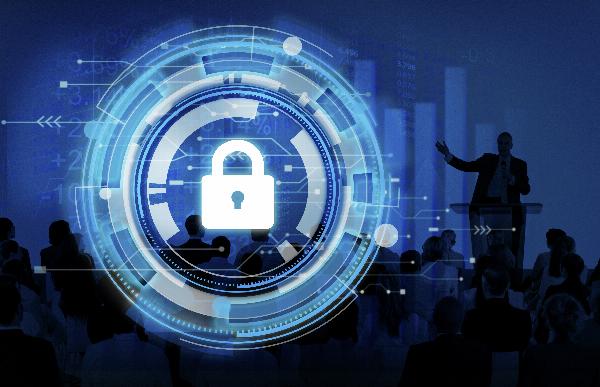From Beginner to Pro: What You'll Learn in a Cyber Security Course

In the current digital age, cyber threats are evolving into more and more advanced forms. That makes it crucial for cybersecurity experts to have the necessary skills. Whether you're an aspiring IT expert or a complete beginner, pursuing a cyber security course is a crucial first step on the path to a successful career in the industry. Let’s find out together what the cybersecurity course will offer you and how you can move from being a novice to a master.
Understanding the Fundamentals
Cybersecurity courses for beginners start with the most common fundamental concepts that will help them to develop the necessary skills to proceed with further learning. Networking, operating systems, and how data moves over the internet will be analyzed. The understanding of these fundamental concepts is the foundation for understanding many dimensions of digital threats. Apart from that, you will get familiar with the ideas concerning cybersecurity, the definition of this term, the importance of cybersecurity, and dangers related to such threats as phishing, malware, and ransomware, as well as the ethical and legal implications. Another aspect that is crucial to your organization is the regulations to ensure privacy is preserved when handling sensitive information, highlighted to prepare you.
Introduction to Security Protocols and Cryptography
When you progress to a cyber security course, you will learn about security protocols and cryptography, which are important in protecting information. You will get familiar with encryption techniques, digital signatures, and hashing to protect messages. These methods are essential for the protection of e-commerce and banking transactions over the Internet. Further, you will study about SSL/TLS, VPN, and HTTPS, which are very important protocols for secure data transfer from user to server and vice versa in the digital environment.
Identifying and Mitigating Cyber Threats
A cyber security course covers the full range of cyber security issues, enabling you to identify and mitigate various cyber threats. You will learn to utilize intrusion detection systems (IDS) and intrusion prevention systems (IPS) to work out the intention of the malicious activities. Along the way, skills in vulnerability assessment and penetration testing will also be developed, providing you with the know-how of pinpointing weaknesses in networks. This hands-on professional learning makes you capable of protecting a network from upcoming threats, including cyber attacks.
Mastering Ethical Hacking and Penetration Testing
In the course of an intermediate cyber security course, you will learn about ethical hacking and penetration testing. White-hat hackers, often called ethical hackers, work for companies and authorities; they gain access to the organization’s system to identify weak points before the hackers with malicious intentions do this. You will also learn to pretend cyberattacks, including SQL injections and DoS, by using Metasploit tools and Wireshark. Thus, you will be prepared to tackle actual life cybersecurity issues and make the protective layers of the system stronger.
Learning About Incident Response and Recovery
In a cyber security course, you'll learn about incident response and recovery techniques, which are the key elements in managing breaches. You'll get to know how to evaluate the damage, halt attacks, and bring the systems back to operating at full capacity. The training is also integrated with forensic investigations to track breaches and secure the evidence. Besides, you will be exercising the recovery strategies in order to reduce the downtime, thereby allowing organizations to quickly resume operations after an attack.
Cloud Security and IOT Protection
Through an advanced cyber security course, you'll examine cloud security and the safety of IoT. The cloud computing and IoT devices now come with different exposures. You'll learn to secure cloud environments, access controls, and dissuade possible risks. The security of IoT devices, such as smart home gadgets, from hacks and malware will be of prime concern, which will guarantee the integration of these technologies into daily life without any hassle.
Conclusion
Cybersecurity course is very much organized with distinct learning levels, beginner, intermediate or advanced, each level comes with a basic knowledge. From the theoretical concepts to the technical aspects of the job, you will find yourself with day one all the tools you need for this exciting and fast growing profession.
Note: IndiBlogHub features both user-submitted and editorial content. We do not verify third-party contributions. Read our Disclaimer and Privacy Policyfor details.





